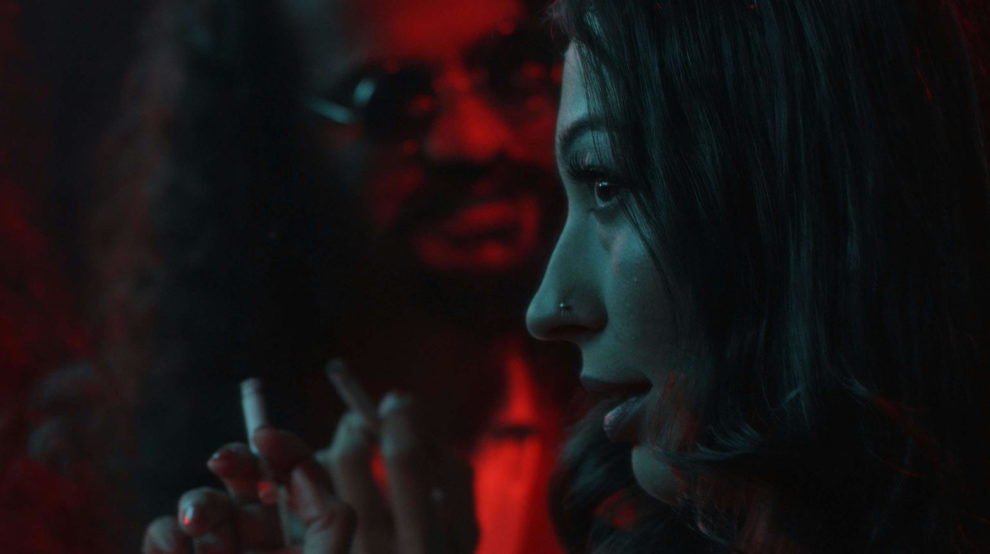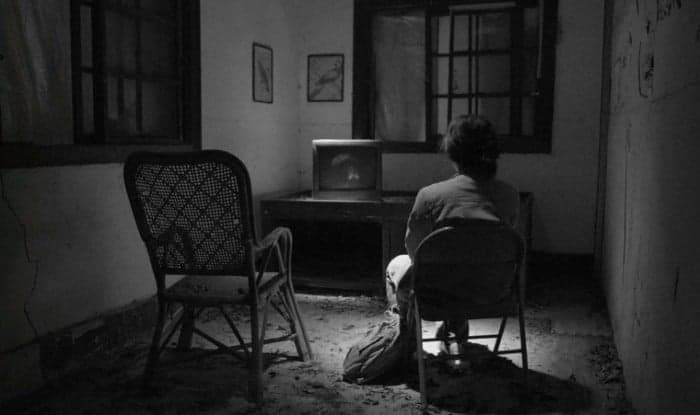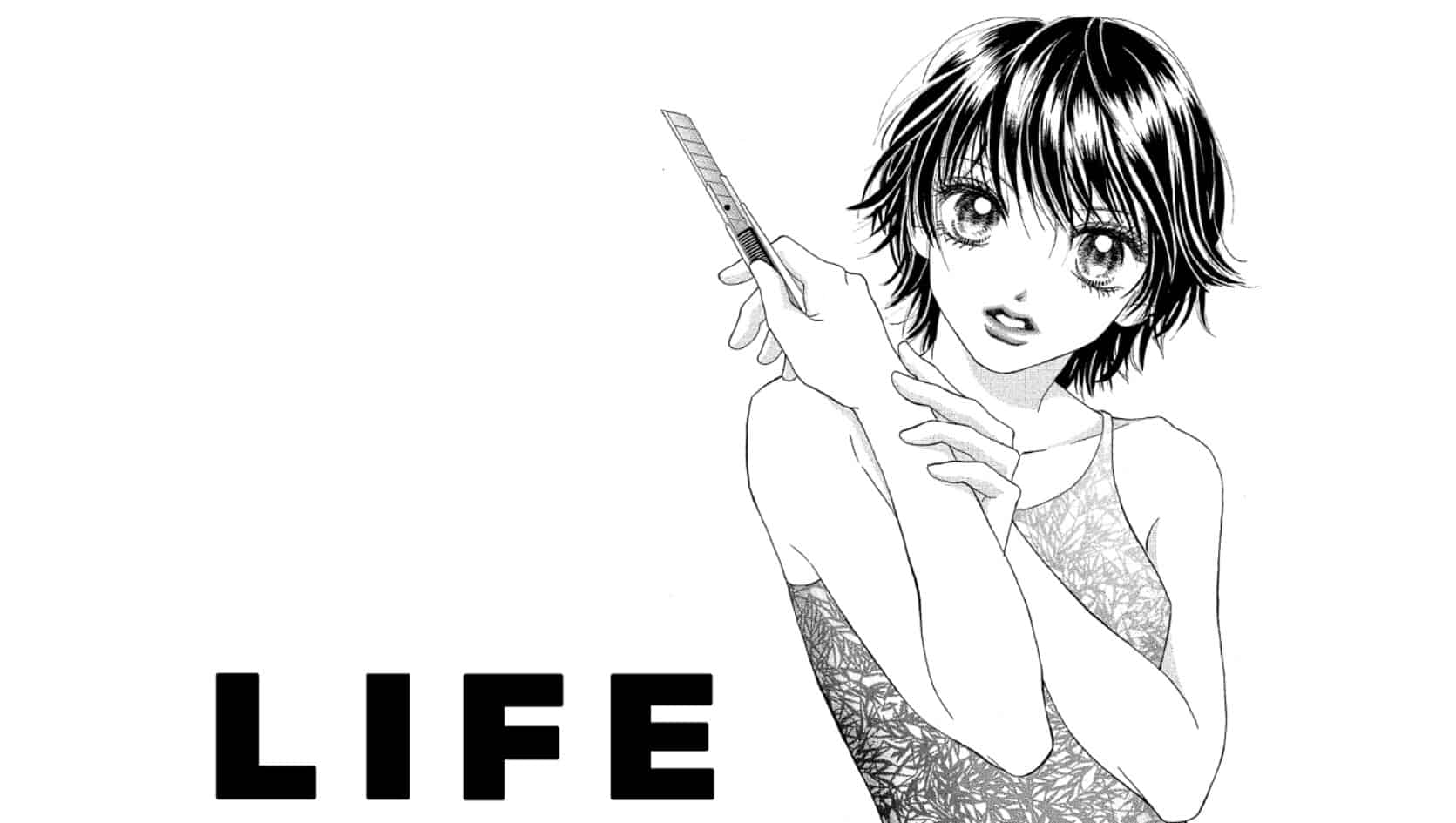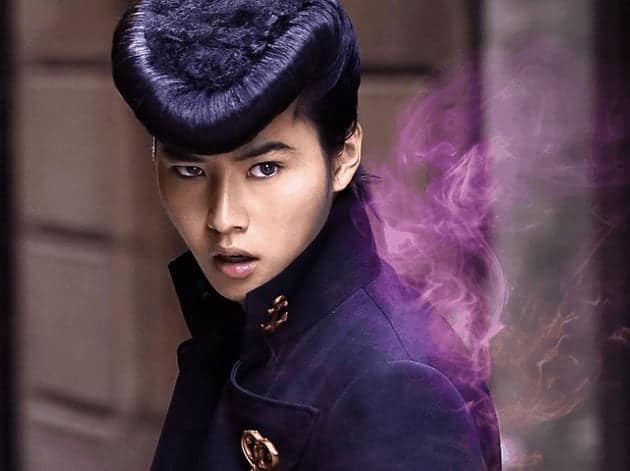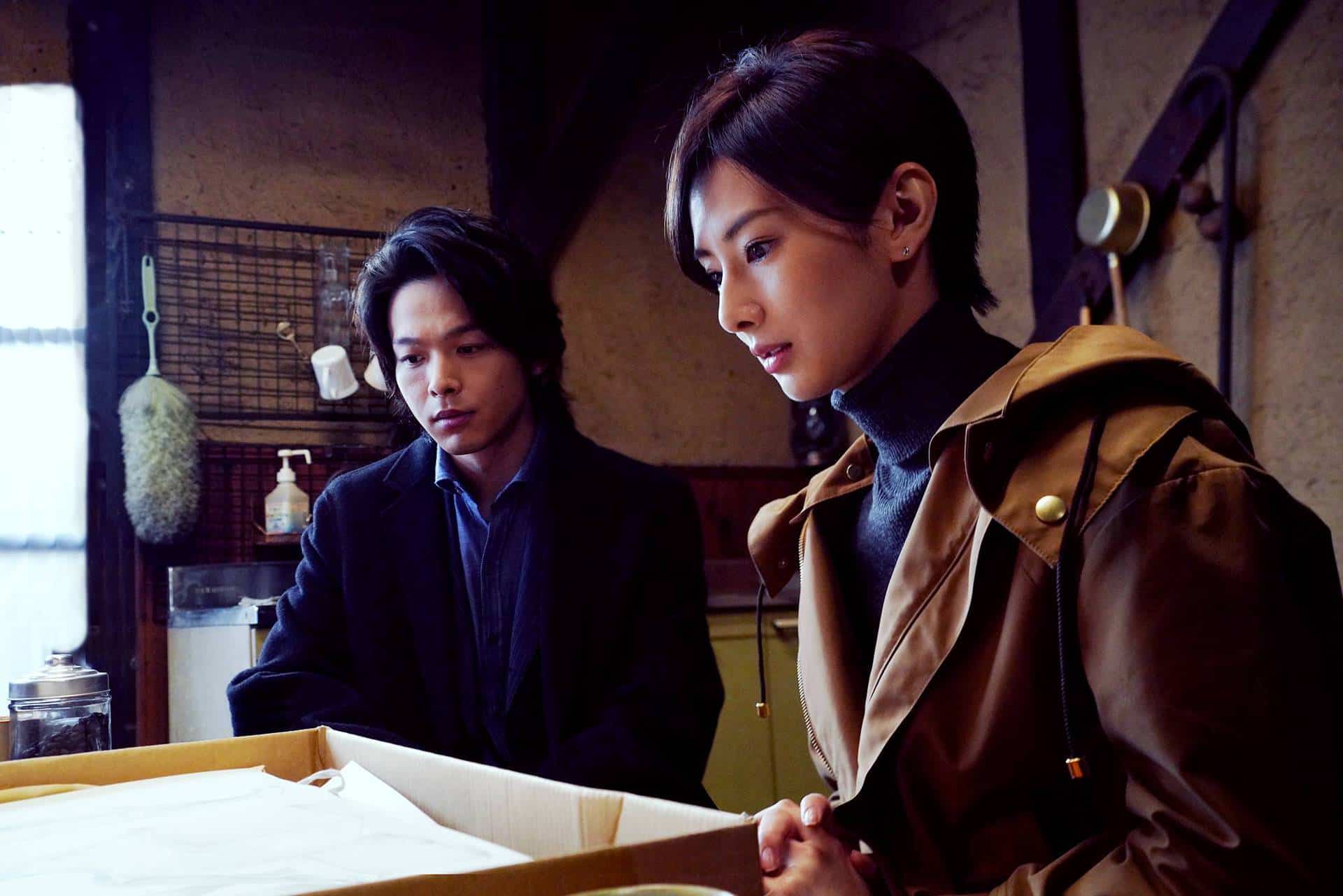1978 was quite a significant year for Pakistan, since General Zia-ul-Haq, who took over power from Bhutto in a coup d'état in 1977, started passing broad-ranging legislation as part of Pakistan's Islamization, curbed civil liberties, and heightened press censorship. Hamza Bangash (Dia) makes his comment about that period by focusing (and dedicating the movie) on Norman D'Souza, a rock musician who has been active since the mid 60's and still goes strong (his words).
1978 is screening at Indian Film Festival of Los Angeles
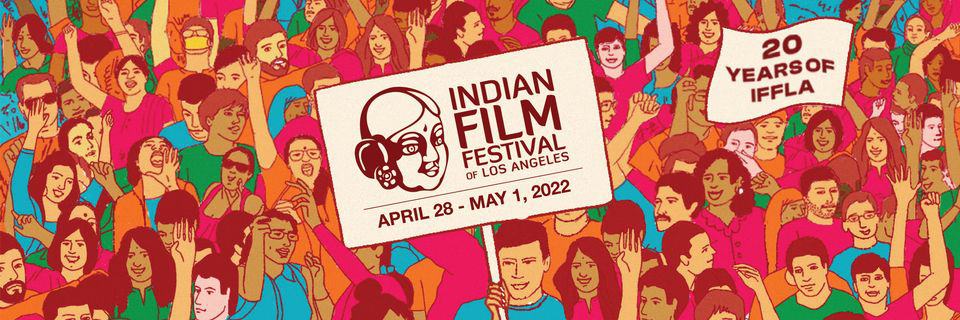
His cinematic “equivalent” is called Lenny, and as the film begins, we watch him urinating on a number of poster of some sort of military leader, in a scene that sets the tone of the film quite eloquently. In 1978, Lenny lives with his brother, since their parents are not in the picture, and is the definite rock-star type. He drinks, smokes weed, flirts with women, gets into fights, and is dressed the part, constantly wearing sunglasses, along with flamboyant shirts, jackets and pants, plus he has long hair and full goatee. At the same time, he comes from a Christian background, which means occasionally visiting the church and reciting hymns, although as the first episode of the short shows, occasionally he has to be “coerced” by his little brother to do so. Eventually, a friend of his who works for TV, AJ, gets him an audition for a movie part, although to take the role Lenny has to renounce everything he stands for and embrace the Islamic fervor that dominates the nation.
Hamza Bangash comes up with a captivating portrait of a rather intriguing man who certainly lives up to the role of the rock star. The way the narrative reveals his past and present is very entertaining, with a series of well-placed flashbacks highlighting both the recent and the former past, and adding significant depth to the story, to the point that the short seems much longer than its actual 17 minutes of duration. At the same time, the story of a man who considered succumbing to the norm but remained anti-regime sends a well-communicated message about resistance to religious fundamentalism, thus making the movie quite political.
Visually, the film is equally impressive, with the combination of Yashir Khan's many close-ups to Lenny and his overall framing, and Shahzeb Hussain's coloring resulting in a number of impressive images, particularly the ones in the club where the neon lights and the intense red hues dominate.
Muhammad Zeeshan as Lenny is quite convincing in the part of the rock star, with him looking cool with every word and every movement, while the way he highlights his inner struggle for the changes he has to make for the TV part is probably the best part of his performance.
“1978” is an excellent short, especially due to the way it highlights its political messaged through a rather entertaining approach, and a definite sign of Bangash's cinematic progress.


